2025.
júniusától az EU irányelvei alapján kötelező elvárás lesz!
We can do it for you!
The digital world belongs to everyone, so we are committed to making the websites we create accessible to everyone. Accessibility is important not only for legal compliance, but also because it helps to improve the user experience and reach a wider audience.
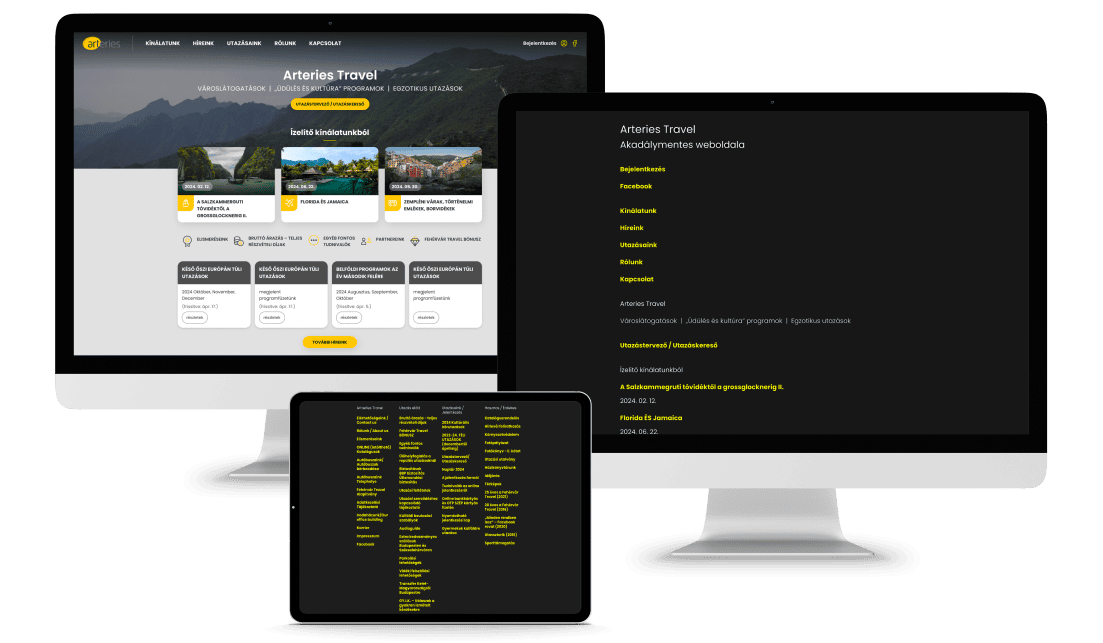
New EU regulation will make accessibility mandatory for all websites providing public services from June 2025.
This means that public institutions and businesses in the private sector must be able to access their sites in an accessible format.
In order to avoid legal problems and possible penalties, it is important to examine our site not only from a legal but also from a technical point of view.
Preparing a site takes time and resources, but an accessible site will definitely be a worthwhile investment in the long run. We will return to the benefits below.

Accessibility legislation applies across a wide range of sectors, including the public and private sectors. In particular, it is important to highlight the increasing focus on digital accessibility for the competitive sector.
All websites and apps that provide public services must ensure barrier-free access.
This includes public and municipal institutions as well as private organisations providing public services.

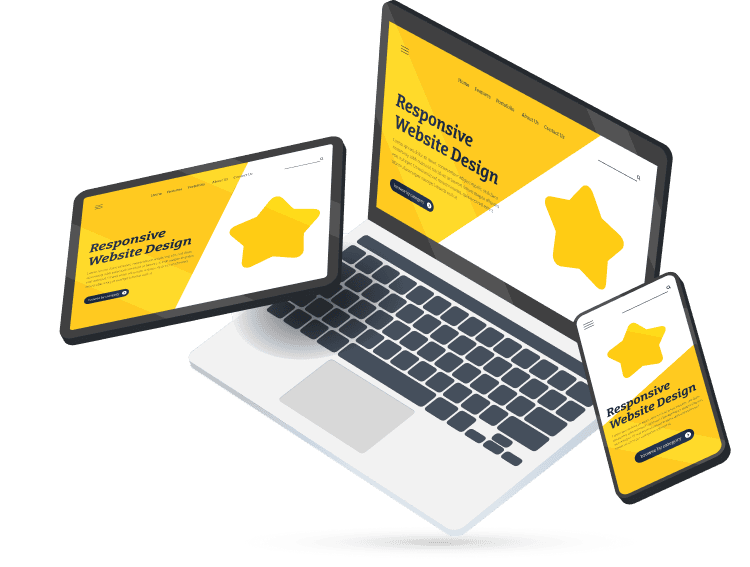
Enterprises and multinationals: under EU directives and national laws, large companies (such as banks, insurers, telecoms companies and online retailers) are obliged to ensure that their web and digital services are accessible.
Small and medium-sized enterprises (SMEs): although the obligations may be slightly more flexible for SMEs, they are also encouraged to implement accessibility for competitive advantage and legal compliance.
E-commerce and online services: providers of online services and e-commerce platforms must also ensure barrier-free access.
Accessibility legislation aims to ensure that everyone has access to digital content and services, regardless of their physical or cognitive abilities.
Accessibility is not only a legal requirement, it can also bring business benefits by reaching a wider range of customers and improving the user experience.
Accessibility takes into account people with visual, hearing, mobility and cognitive impairments. Rules set by the Web Accessibility Accessibility Guidelines (WCAG) must be followed to ensure proper accessibility.
Accessibility concerns:

the structure of web pages,
the readability of texts,
colour combinations
alternative texts for images,
subtitles for videos and audio material
the navigation of the website and its interactive elements.

Accessibility ensures that website texts can be read by different screen readers, which is not only a legal requirement but also an ethical responsibility. A useful added value is that it also improves search engine ranking, search engine optimisation and the SEO score of the website. When designing accessibility, attention should be paid to responsiveness and mobile-friendliness, as more and more people browse the internet on mobile phones.
In preparation, it is important that the current website is checked during an audit to identify any gaps in accessibility, in order to develop the necessary improvement plans.
Ensure contrast ratio: the contrast between text and background should be high enough to allow low vision users to read online content in accordance with WCAG 2.1 AA.
Keyboard navigation: pages should be designed in such a way that their elements can be accessed using a keyboard.
Alt text for images: screen reader software requires you to enter text that describes the content of the images.
Responsive design: pages should be designed to display well on mobile, tablet and desktop.

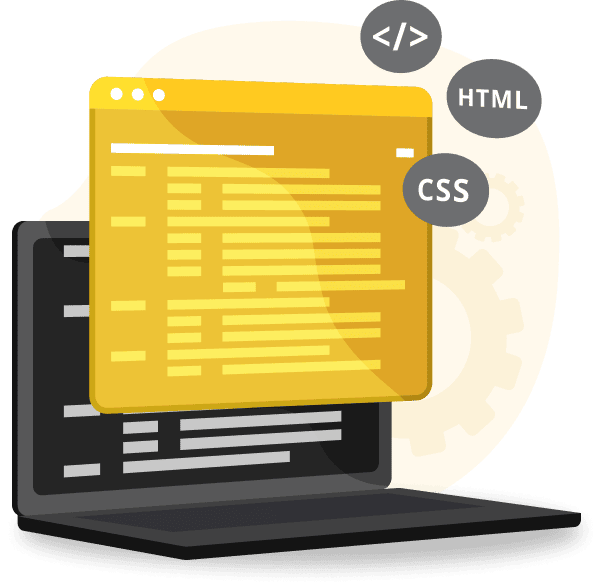
Accessibility of forms and interactive elements: all such elements should be given appropriate labels and descriptions so that users know exactly what the system expects of them.
ARIA: these tags help to make dynamic content more recognisable.
Video and audio content management: videos must be subtitled and audios must be transcribed.
Text enlargement: it should be possible to increase the size of the text on the page without affecting the content.
Adherence to HTML and CSS rules: because of the support tools, it is necessary to ensure development according to the latest standards.
Teamwork: we work closely with you, testing and incorporating feedback from your users to achieve even better results.
A better user experience: easier navigation, clearer, more readable content means a better experience for everyone.
A wider audience: your customer base will grow rapidly. Satisfied users can become loyal customers, which will be reflected in your traffic.
Better SEO score: search engines favour accessible pages.
Social responsibility: an accessible site enhances the company’s reputation.
Ease of use: responsiveness increases the user base.
Economic impact: a wider audience increases the use of online purchases and services.

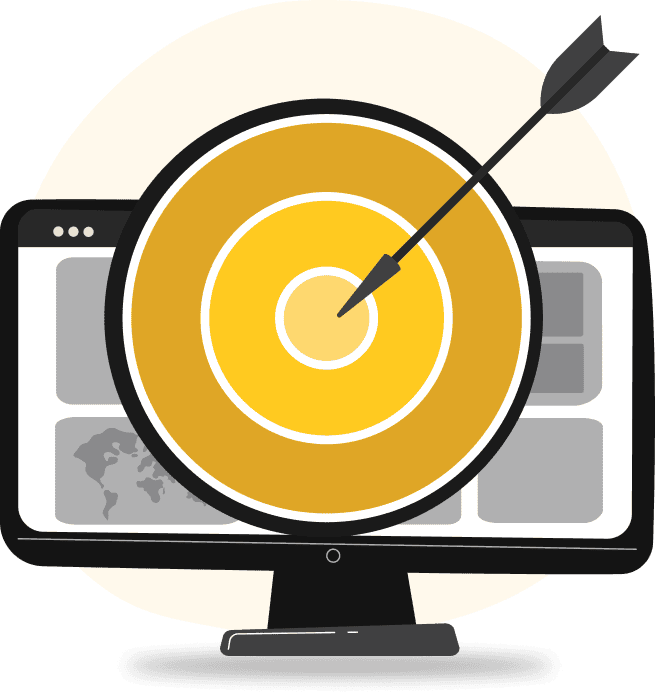
The Arteries team is made up of professionals with more than 10 years of experience who share the same passion: developing and implementing unique software solutions that help you keep pace with your competitors and increase your company’s revenue. We have successfully delivered over 500 exciting projects for both local partners and international clients. We are eager to learn, expand our knowledge and deliver the best quality in all departments such as UX, graphic design, back-end, front-end, app development and quality assurance.

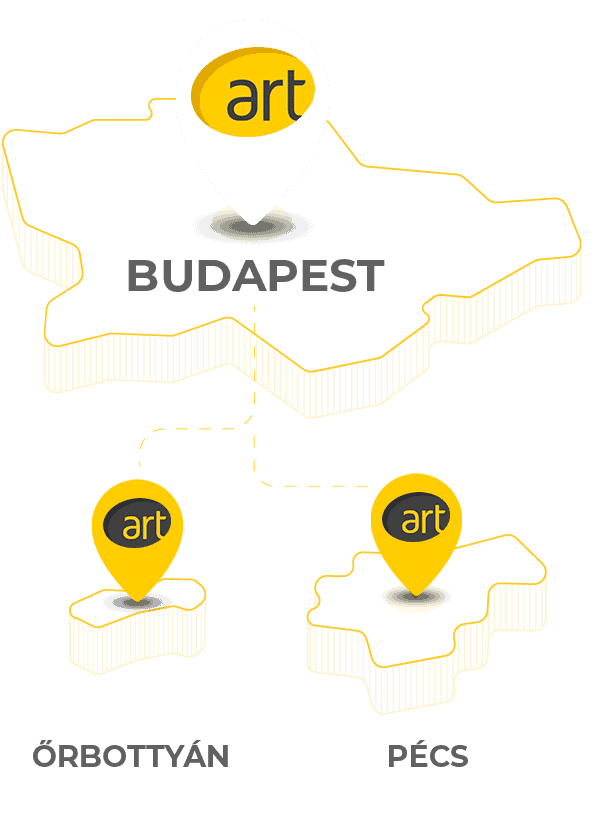
1/c Zichy Gyula utca, Pécs, 7624
11 Forgách utca, Budapest, 1139
89 Fő út, Őrbottyán, 2162
Company representative: Gábor Németh
Copyright © 2003-2023
Arteries Studio Ltd.
Company reg. nr.: 01-09-299564
Taxnumber: 23854855-2-41
All rights reserved!
Privacy Statement
